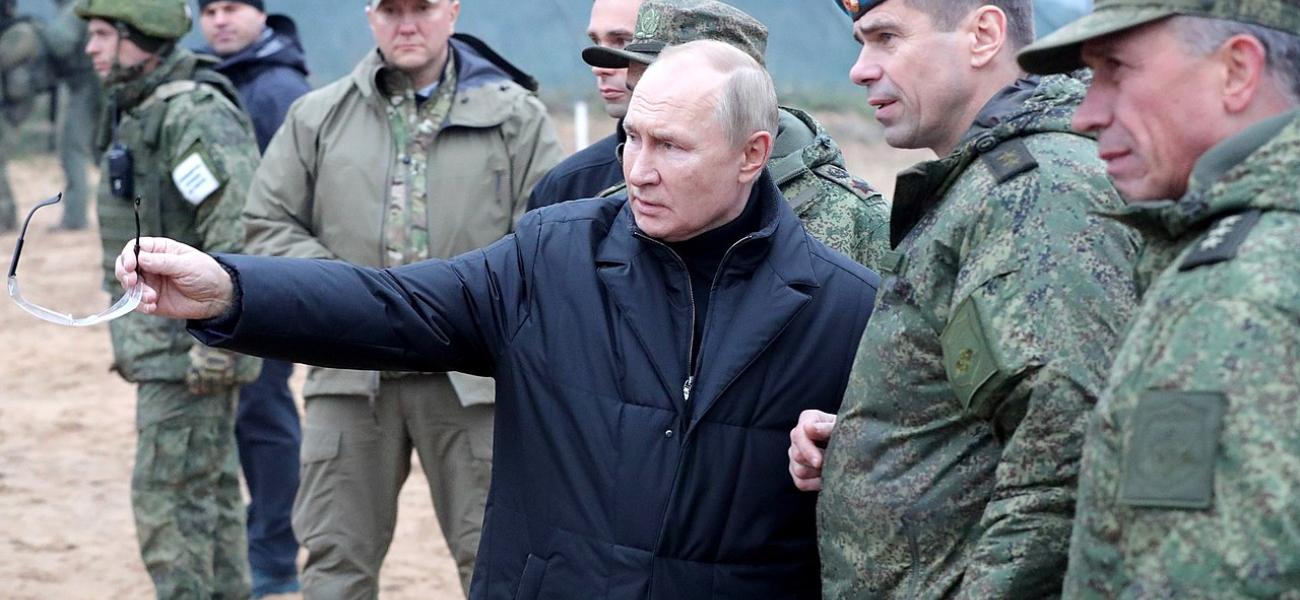
No, Weakening Russia Is Not “Costing Peanuts” for the U.S.
January 20, 2023
Trita Parsi
This is a summary of an article originally published by The New Republic.
The author, the executive vice president of the Quincy Institute and author of Losing an Enemy: Obama, Iran and the Triumph of Diplomacy Trita Parsi, writes:
- “Does the war in Ukraine enable the United States to strategically defeat Russia on the cheap? This has become a central argument for countering pressures to end the war or cut its funding [e.g. Anthony Cordesman and Timothy Ash made such an argument].”
- “The cost of the war thus far is not, contrary to Ash, “peanuts.” The U.S. support for Ukraine in 2022 amounted to $68 billion, and the White House requested another $34 billion. In comparison, the war in Afghanistan cost $23 billion per year in its first two years.
- “Arguing that continuing the war is an affordable way of achieving a major strategic objective is misleading—not least because, prior to February 2022, few in Washington considered Russia a major power whose military needed to be degraded to protect the U.S. … The value of degrading Russia’s military—which clearly was overrated in the first place—may not be that significant, even if it is done on the cheap.”
- “There are other strategic costs. As the war drags on, it contributes to the formation of a Russian-Chinese-Iranian alliance. ... Washington’s objective should be to disrupt any such alliance-building rather than to hasten it. … The war has added to … tensions between the U.S. and rising global south powers, who refuse to choose between the U.S., Russia and China … Rather than boosting efforts to decarbonize the global economy, the war has caused nations to backslide on key environmental goals.”
- “Perhaps most importantly, prolonged war will make it increasingly hard for Europe to find a path back to long-term peace and stability. … Europe may find itself in a state of constant, low-intensity war that cements enmity beyond generations. This, in turn, risks creating a new normal where peace no longer can be imagined, let alone achieved. … These costs don’t show up on the current balance sheets. But it is these costs—rather than the dollar amounts of the military aid—that we will be wrestling with in the years to come.”
Read the full article at The New Republic.
Author
Trita Parsi
Trita Parsi is the executive vice president of the Quincy Institute and author of Losing an Enemy: Obama, Iran and the Triumph of Diplomacy. He is also an associate adjunct professor of international relations at Georgetown University.
The opinions expressed herein are solely those of the author. Photo shared in the public domain.
Click to Subscribe
Russia Matters offers weekly news and analysis digests, event announcements and media advisories.
Choose and sign up here!
Recent Analysis
Crocus Attack Ends Lull of Six Years, Raises Question About Law-Enforcers’ Focus
March 28, 2024
Simon Saradzhyan
Recent Posts
Polls Show Record Low Number of Russians Willing to Permanently Move Abroad
April 12, 2024
Simon Saradzhyan
Fiona Hill Delivers Insights on Russia's Perennial Role in Global Geopolitics
March 21, 2024
Conor Cunningham
How Much Would 0.25% of Ramstein Group Members’ GDP Really Raise for Ukraine?
March 07, 2024
Conor Cunningham and RM Staff

